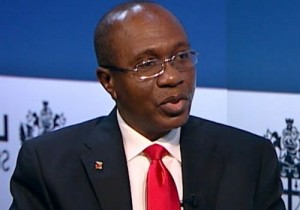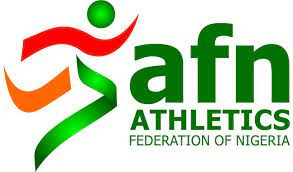The Central Bank of Nigeria (CBN) seems willing to support under-capitalised banks to resolve imbalance in their capital adequacy ratios (CARs).
When the CBN deems it necessary it will apply rapid remedial action if adequate capitalisation is not restored after the June 2016 deadline.

Remedial action may include granting credit facility, mandating shareholders to raise tier 1 capital, or compelling the bank to cut costs.
This emerged from a letter the CBN wrote to banks extending the implementation deadline for Basel 2 and higher capital requirements for systemically important banks (SIBs) and minimum regulatory requirements with a buffer.
The letter, dated March 13, 2015, set a deadline for banks that breach minimum CAR) under Basel 2 to submit recapitalisation plans and execute same.
Following CBN’s tightening capital regulations since early 2014 with the introduction of Basel 2 and higher capital requirements (16 per cent) for systemically important banks (SIBs), most banks have been struggling to meet minimum capitalisation requirements at a time when a rapidly deteriorating macro environment makes access to foreign capital difficult.
Three banks (Diamond, Access and UBA) all raised tier 1 capital in the past six months with more banks seemingly in need of tier 1 capital to meet minimum regulatory requirements plus a buffer.
Skye Bank is expected to raise N30 billion tier 1 capital this second quarter (Q2) of 2015 to bolster CAR. Stanbic IBTC may also raise capital to support growth plans, attain SIB status, and minimum 18 per cent CAR.
Analysts expect Ecobank to raise tier 1 capital to meet and exceed minimum CAR requirements. Access Bank’s rights issue seeking to raise N52.7 billion closed recently, with a hint that it should be almost fully subscribed.
FCMB expects FY14 earnings retention to materially improve CAR from 9M14 levels.
This has weakened the profits and returns on investment potential of banks so much that dividends pay out to shareholders of most banks is considered remote, which is partly why shares are being dumped at the Nigerian Stock Exchange (NSE).
Research analysts at Renaissance Capital (RenCap) based in Lagos advised banks to focus on earnings retention and slower growth over the next 12 to 18 months, and to consider a tier 1 raise when market valuations improve.
This should guide the decisions of banks’ managements, particularly FBN Holdings, ahead of announcement of 2014 full-year (FY14) financial results due for release.
“We expect Skye, Stanbic and Ecobank Nigeria to source tier 1 capital near term. FBNH’s capital position (15-16 per cent) gives us the most significant concern, not in the least because of its systemic importance.
“Nevertheless, we expect the bank to focus on earnings retention and slower growth over the next 12 to 18 months, with the possibility of a tier 1 raise when market valuations improve,” RenCap wrote in a research note emailed to TheNiche.
According to the analysts, one key take away from the CBN letter is that some banks do not meet the minimum CAR of 10 per cent and 15 per cent for regional/national and international banks respectively under Basel 2.
“These banks have been given three months, till 13 June 2015, to submit to CBN recapitalisation plans and till 30 June 2016 to implement the plans,” RenCap said.
The implementation of the 1 per cent all-tier 1 capital buffer for SIBs, which raises their minimum CAR to 16 per cent, was extended to 1 July 2016 from 1 March 2015, providing elbow room for remedial actions.
However, the analysts pointed out that given constraining regulations and weakening macro fundamentals, any capital-raising events may struggle to attract meaningful international investment because international investors are questioning the ability of Nigerian banks to create value.
“We, however, think that the domestic investor pool or private equity capital could be supportive in some dire instances, drawn by depressed valuations and/or the long-term investment case for the sector.”
RenCap said while banks may over the next 15 months comply with a 15 per cent minimum CAR, they need to give serious consideration near term to meeting a 16 per cent minimum CAR requirement and establishing a buffer to support growth.
Dividend payouts and asset growth are likely to be cut near term to build the necessary capital buffers, the analysts added, but “we still expect some banks to raise tier 1 capital over the next 12 to 24 months.”













